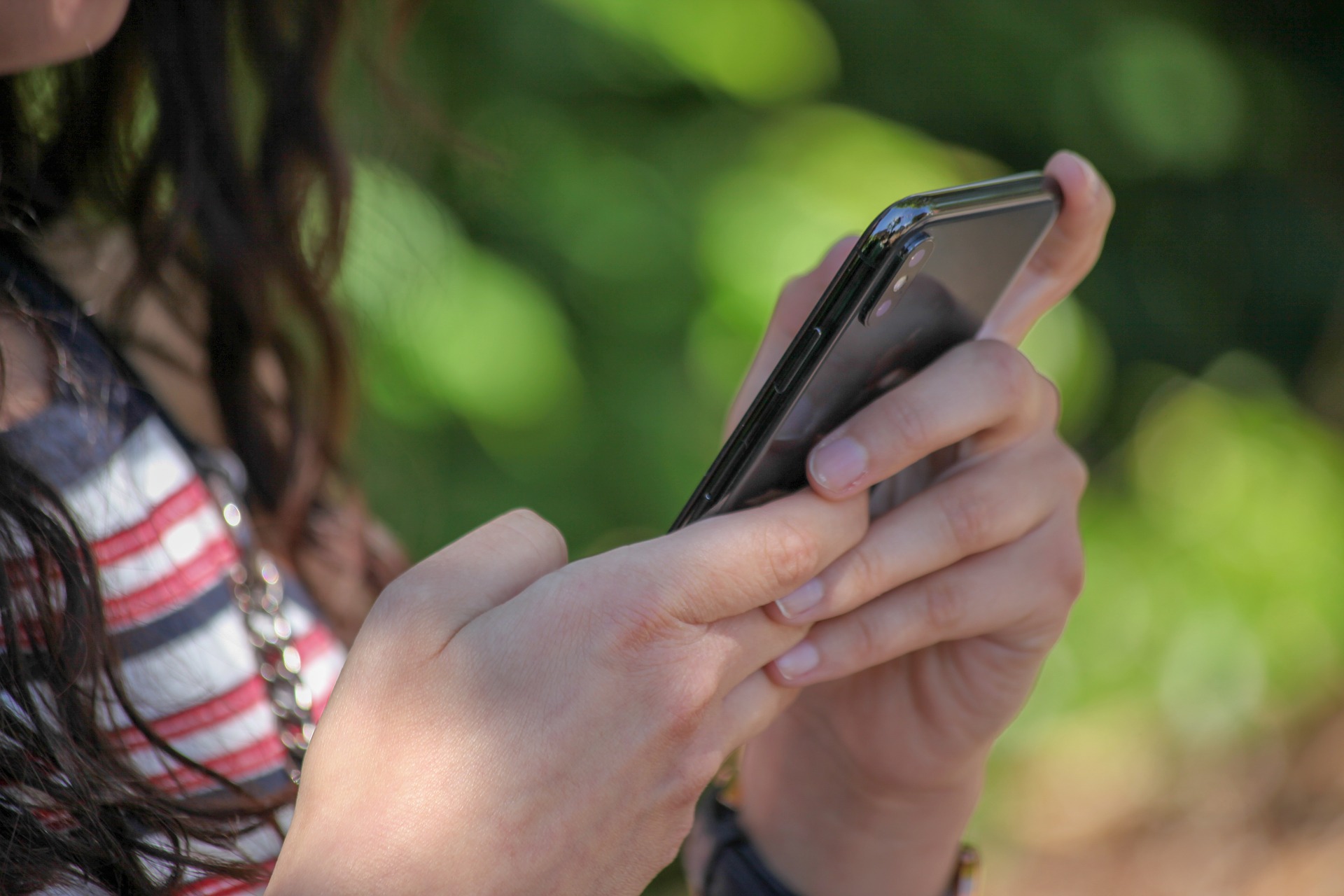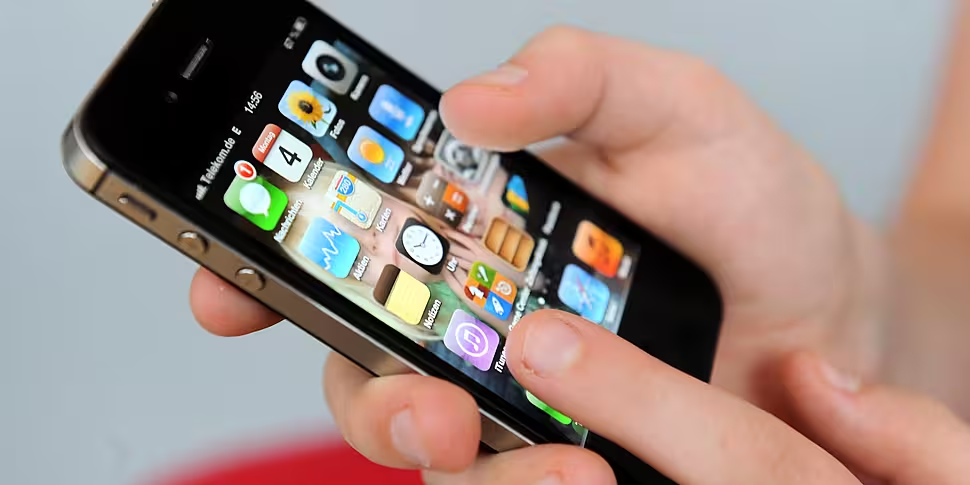Childhood is “being taken away from children” because of their early access to pornography, the ISPCC has said.
Access to smartphones and the internet means it is easier than ever before to view adult material and children who contact the ISPCC about pornography are sometimes not even teenagers.
Speaking to reporter Josh Crosbie for The Pat Kenny Show, Director of Services Caroline O’Sullivan said things have deteriorated in the past couple of years.
“What 15 and 16-year-olds were telling us four and five-years-ago, we’re hearing that from 12 and 13-year-olds now,” she said.
“So, that pressure to get involved in sexual activity is coming a lot earlier. The expectations around what they’re expected to do or what they perceive that they’re expected to do [have changed].
“All their friends are saying, ‘Oh no, it’s no problem, share the image - if you don’t share the image, he won’t be your boyfriend anymore.’
“When they do make that error of judgement and they share that image and the trust is broken, that child is absolutely in spiral because they’re ashamed and they’re guilty, they’re humiliated.”
 File photo. Image by Jasmin Sessler from Pixabay
File photo. Image by Jasmin Sessler from PixabayMs O’Sullivan said this can lead to profound psychological and emotional distress among children.
When a child calls the ISPCC looking for help about this, their advice will vary depending on the child.
“It’s very different for every child,” Ms O’Sullivan said.
“It depends on their age, on their family environment, their developmental stage and even their own resilience.
“We do always ask them, ‘Is there someone within their family they can trust?’”
A reflection of reality?
Increasingly, children are exposed to violent pornography and they then ask whether this is part of a normal sex life.
“The questions that we’re getting are very much linked with what children are seeing - but they don’t like what they’re seeing,” she said.
“They recognise that it’s misogynistic [and] because of this there’s a complete early sexualisation of children and childhood is being taken away from children.”
'It’s personally affected my life a lot'
Out on the streets of Dublin, Josh Crosbie found a number of young people who regretted seeing pornography at an early age.
“I think I was among the first of my friends because I tried talking about it and no one else really knew,” one man from Northern Ireland said.
“I think it was me and my cousin searching up the odd thing on the internet back in the day.
“You’re a young lad seeing that stuff and you’re going to want to do it every day.
“To be honest, it’s personally affected my life a lot - pornography and addiction and all that.”
As an adult, he has tried to stop watching it but admits he still does “now and again”.
In an ideal world, he feels like he would never watch pornography ever again.
“It stumped any sort of meaningful relationship when I was younger,” he said.
“[In school], a couple of girls fancied me but I was looking at the teachers and stuff, not the young ones because that’s what I saw in porn.”
He first got into a relationship at the age of 19 but to this day he feels it has had an impact on his love life.
“Whenever the time did come to be intimate the first time with a new woman, I would struggle a lot to even be aroused in that situation or I’d be very nervous,” he said.
“I think that is due to pornography.”
'It was just weird'
Another woman told Josh she first encountered porn when she was 10 when her friend showed it to her.
It was, she remembers, a ‘shocking’ sight.
“You don’t believe your eyes, it was just weird,” she said.
She feels that society should try and restrict children from seeing adult material but equally feels it might not be possible.
“For sure there should be something but I don’t know how you could stop that happening,” she said.
If you are under 18 and have been impacted by any of the issues raised in this article, you can contact the ISPCC’s helpline for free on 1800 66 66 66.
Main image: A child uses a smartphone. Picture by: Thomas Eisenhuth.









